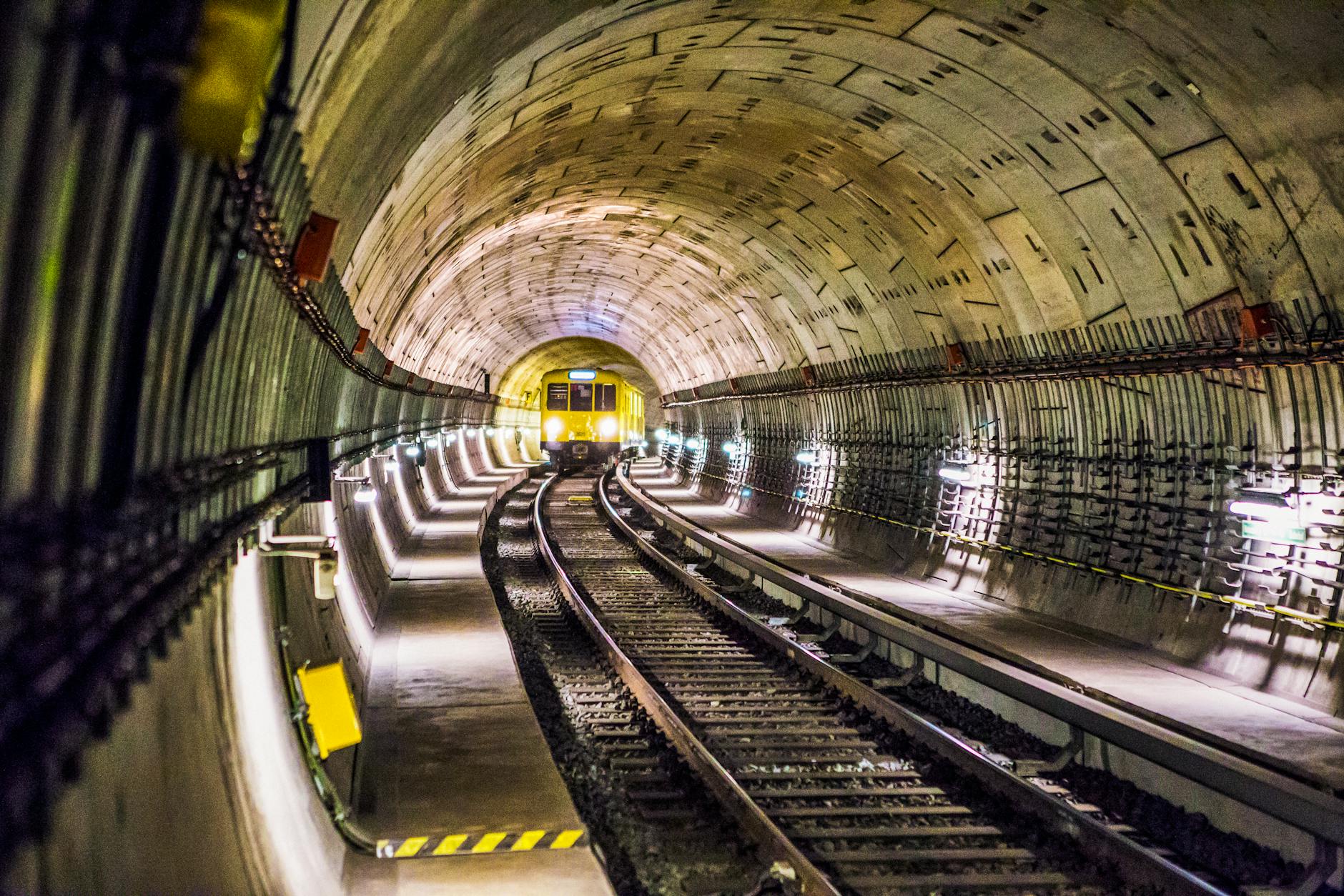Photo by anna-m. w. on Pexels
The rapid expansion of artificial intelligence is placing unprecedented strain on global power grids, sparking concerns about their ability to meet the soaring energy demands of AI models. As the AI Energy Council discusses solutions, the question remains: how can we fuel the AI revolution without overloading existing infrastructure?
The explosion in data centers, essential for training and deploying AI, is driving a significant increase in electricity consumption. Projections for the UK indicate a potential sixfold increase in data center power usage by 2034, potentially consuming a third of the nation’s total electricity. This puts immense pressure on aging power grids.
Globally, data center electricity needs are predicted to double within five years, surpassing the current electricity consumption of the entire UK. The power requirements of AI servers are particularly high, with a single rack consuming up to 120 kW, compared to the 5-10 kW of a standard rack. These fluctuating AI workloads can trigger sudden power spikes, endangering grid stability.
To mitigate these challenges, the UK is undertaking a major grid modernization effort, investing in high-capacity electrical “superhighways” and expanding offshore grids to integrate more renewable energy sources. The government is also accelerating connections for renewable projects and establishing “AI Growth Zones” to expedite planning and power connections for data centers.
Data centers are adopting proactive strategies, including investing in on-site renewable energy generation and participating in demand-side response programs. These initiatives allow them to strategically pause non-critical AI tasks during periods of grid stress, resuming operations when renewable energy is readily available.
AI itself is being leveraged to enhance grid efficiency, predicting energy spikes and optimizing power distribution in real-time. While the path forward is multifaceted, the UK is committed to addressing the power grid challenges presented by AI. Swift and decisive action will be crucial to ensure a sustainable AI-powered future.
